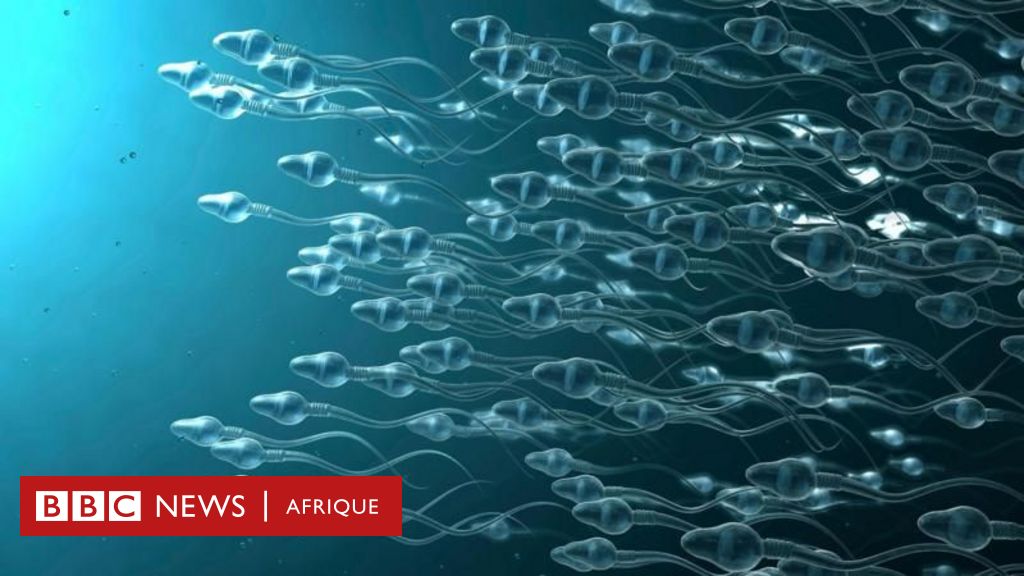#European #Space #Telescope #project #begun #rewrite #understanding #physics
On July 1, 2023, the Euclid Space Telescope set off to fulfill its mission of mapping the dark and distant universe. In order to achieve this goal, Euclid will conduct 40,000 observations of the sky beyond the Milky Way over the next 6 years. From this data, astronomers will be able to map the positions of billions of galaxies, allowing astronomers to observe the effects of dark matter.
There have been several galactic sky surveys before, but the Euclid mission takes them to a new level. Galileo is equipped with a wide-field imaging system. During its exposure of the dark sky every 70 minutes, it will capture images and scenes of more than 50,000 galaxies. The mission, when completed, will be the most detailed survey of galactic positions and distances. The mission will also conduct several deep-sky observations, focusing on the most distant and faintest galaxies, Universe Today reports.
One mystery it may answer is the nature of dark energy. The Standard Model of cosmology describes dark energy as a property of space and time. A cosmological constant that drives cosmic expansion. However, some theories of dark energy claim that dark energy is an energy field within space and time and that the cosmic expansion is not constant.
Euclid will investigate whether the cosmic expansion is changing, allowing astronomers to rule out certain models. The mission will also investigate how dark matter distorts galaxies, so we can learn more about its properties and how it interacts with normal matter.
The Euclid mission officially began research on Valentine’s Day and will complete about 15% of it this year. The first set of depth data will be published in the spring of 2025, and the data from the first year of the general survey will be published in the summer of 2026.
Worth reading:


:watermark(https://f.pmo.ee//logos/4132/d583334e07b643b158b745b655f05032.png,-2p,-2p,0,18,none)/nginx/o/2024/05/01/16042414t1hc950.jpg)


:quality(85)/cloudfront-us-east-1.images.arcpublishing.com/infobae/DSZLSCQQSVBGZEU7X7KU2QTUUA.jpg)





